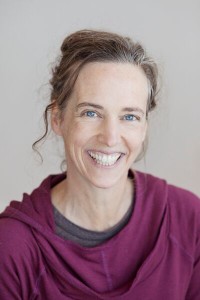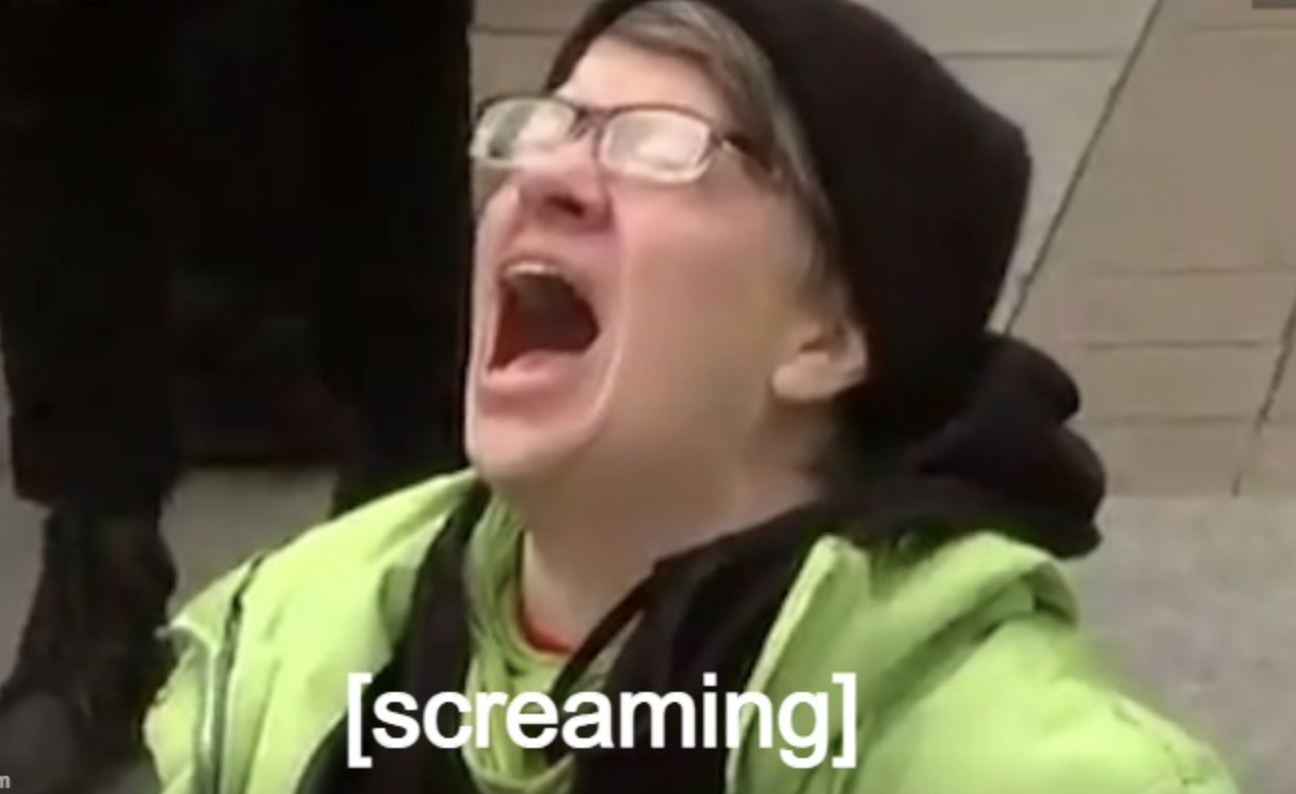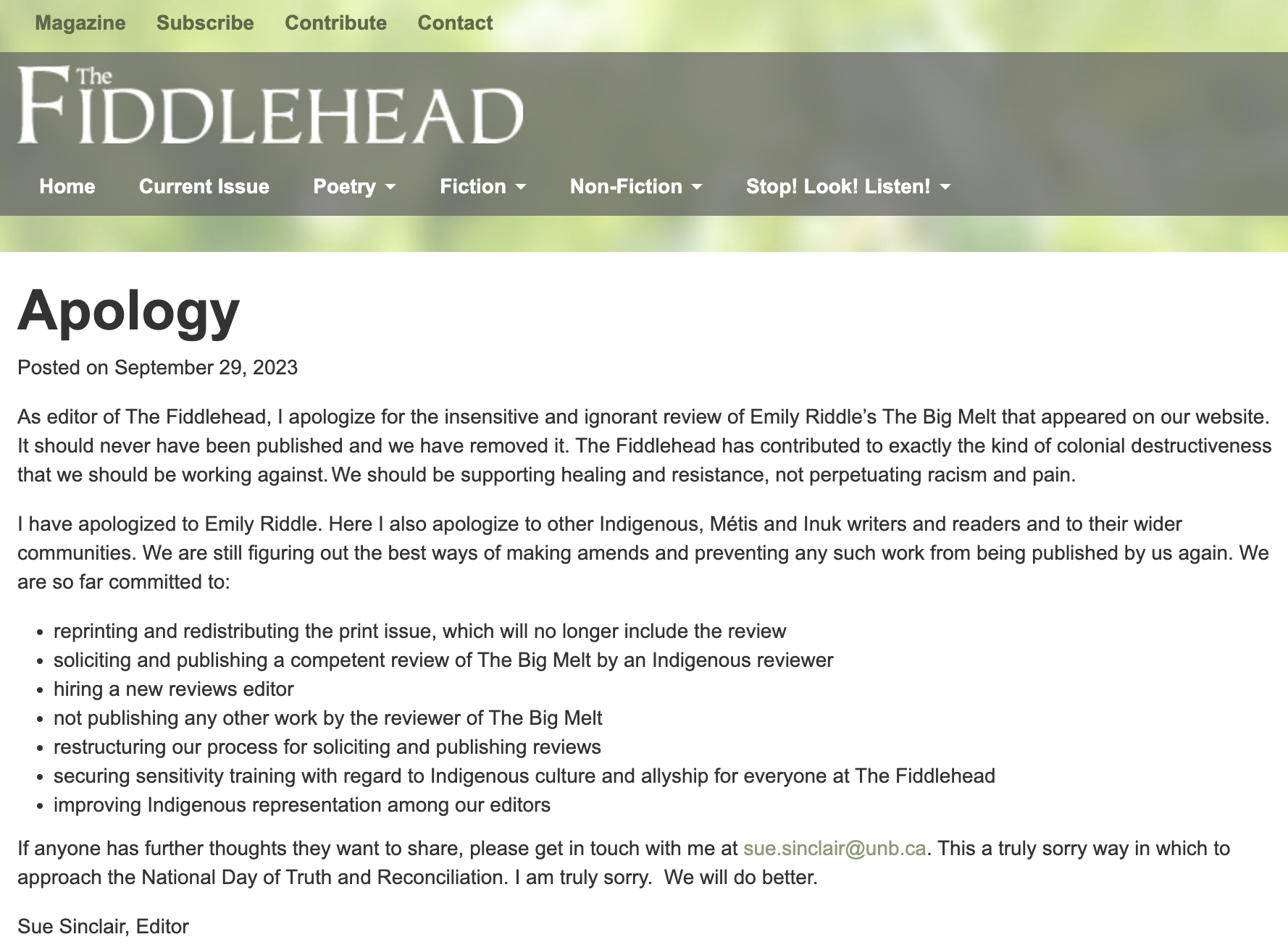Traci Skuce lives in Cumberland, BC. Her work has appeared in The New Quarterly, Prairie Fire, Grain, Little Fiction, Event and The Dalhousie Review. Also, she won the 2016 Sheldon Currie prize for fiction, and was a finalist in the 2015 CBC Nonfiction Prize.
OM: You fooled me with your aggressively modest bio in Prairie Fire. You wrote, “Traci Skuce lives in Cumberland, BC, where she roams the forest, raises boys and writes. She is working on her first short-story collection.” You might have also included being a short list finalist for both the 2015 CBC Creative Nonfiction Prize and the 2015 PRISM international Short Fiction Contest, as well as publishing in Grain, Event, and Prairie Fire. Are short lists and honourary mentions not good enough to make it to your bio? I was about to ask if Prairie Fire was your first publishing credit but soon found others through my Internet creeping. I know bios need not be a comprehensive list of credits, but it does seem like a suitable place to do a little bragging. What’s with the tiny bio in Prairie Fire?
TS: Yeah, my friend gave me a talking to about that one. She said, “No, you’re a winner and you have to state that.” She had this idea that winning begets winning. And so in my subsequent bios I’ve added my short lists and contest wins. But I also like the charming in the bios in the back of magazines that state, or understate, the day-to-day. And really, I write stories and walk in the forest. Those things, plus my kids, who are older now, are what I build the rest of my life around.
OM: What has been your experience of submitting to journals? Are you happy with the response times? Are you getting good feedback? Do make simultaneous submissions? How do you feel about paying to submit? Any international targets? Do you send your work to online journals, or is it important to feel a physical product in your hands?
TS: I’ve submitted to so many journals, mostly Canadian and American publications, some online, most not. My Submittable page is full of red “declines”. In fact, I had a spate of acceptances last year, and almost all were to journals who accept mailed in submissions only. I can only imagine how many stories journals receive every year. As for paying to submit, it really depends how much they’re asking. A couple bucks is okay when you think about postage, but some charge ten or more and I think that’s too much. Instead, these journals should consider limiting their reading periods to reduce submissions.
And of course I simultaneously submit. How can you not? The wait-time is variable. Anywhere from six weeks to . . . well, I just received a rejection to a story I submitted over 18 months ago. The story has already been published elsewhere. It seems sending stories out is like broadcasting seed, hoping it’ll land and flourish. And they do land. If you’re doggedly persistent on all fronts. On the revision, on the sending out, on the belief in your work.
OM: I had The Malahat Review in my sights for years before finally publishing there. For whatever reason, I have yet to win over The Fiddlehead. What are some of the journals you’d love to add to your bio?
TS: Both of those! And Prism. Also, some American publications—Prairie Schooner, One Story and, you know, The New Yorker.
OM: When you’ve finished a story, do you try contests first before regular submissions? Do you think contests are better able to make your work known?
TS: It depends. On the story and the timing. I happened to finish a story last summer around the time The Antigonish Review was running their Sheldon Curry contest. I’d spent four years working on that piece, on and off, and I was really proud with what I’d learned from it and how it turned out. So I sent it off and I won. Also, I went to a lecture during my MFA about contests and all the writers there had been judges. They talked about ratios and chance, not scientifically, but essentially they suggested that fewer people submitted to contests and thereby increased your chance of getting the story published. Plus there’s the cash prize.
OM: Did the CBC Creative Nonfiction Prize boost your profile? The CBC has done a great job of highlighting not only the winners of the Prize, but the short list. Did this result in any positive attention?
TS: I did get an interview on CBC. And was also asked to give a talk to a local writing group. That’s about it. I’ll be honest and tell you I had fantasies of a little more. What, I’m not sure. A publisher knocking down my door? But after the thrill of the contest was over I just had to get back to work.
OM: How far from your front door do you have to go to reach the nearest writing community? Is Cumberland too small for that? Is there a local reading series or writing group? Is there an open mike night? Do I have to go to Courtenay/Comox for that, or even further to Nanaimo and Victoria?
TS: There are various reading series up here. One at the college, another by people down in Fanny Bay. They both get great writers to read and I go when I can. A few years ago a friend and I hosted a monthly open mic in Cumberland. And now hey pop up every now and then in Courtenay. I do envy bigger centres, especially Victoria, where my friend Julie Paul lives, because literary events seem more frequent there.
OM: What is the minimum population required for a thriving art scene in a town or city? 500? 5000? 50,000?
TS: I guess it depends on how you define art scene. My sister lives in Smithers, BC, and I have a good friend who lives on Lasqueti Island, and the isolation seems to breed creativity. Also, because there’s not a lot to choose from, everyone supports everyone else’s creative endeavours. Here, in the Comox Valley, bigger than those communities, there are lots of artists, plus festivals. Still, I went to New York City last fall and was blown away by the creativity and vitality in that city. So it’s just different, but artists are everywhere.
OM: Is a dynamic artistic community reason enough to move to a larger centre? Is it irrelevant in the age of the Internet? It’s not as if your remote location has slowed you down much.
TS: If you’re young and have no kids and aren’t finding an art community, sure. But I guess the community I’ve cultivated is sustained over the Internet. Fellow writers I met at school live anywhere from El Salvador to New York. It’s with them I discuss my work and theirs—which is so vital and enriching to the process. But the work itself is solitary. It’s you and your desk and however you work—computer, notebooks, research, notes. The day in, day out, hammer and nails of story writing.
OM: Did the insane cost of renting and owning in larger BC cities influence your decision to live in a small town?
TS: No. We moved here over 17 years ago for several reasons. Though we don’t regret the affordability.
OM: You write, raise kids, and teach yoga. Any one of these activities could be a full-time job, so how do you manage your time to get it all done?
TS: You know, last year for some reason, I printed out this expanded version of my horoscope. With the exact birth time and all that. And when I read it, I laughed. There was lots about my love of language, about written communication, but also about being highly structured, almost rigidly so, and I laughed because sometimes I’ve had multiple practices going. Sitting, yoga, writing. . . date night, whatever. And I can get really manic about it. Like if I don’t do x my whole world will implode. I catch myself now, and have loosened up quite a bit, but I make sure I write daily. One hour, two, three. Twenty minutes. It depends. And, my youngest son is in grade nine. Ten years ago, I was not writing hours in a day. But I grabbed every scrap of free time I could.
As for the yoga, if I didn’t go out and teach it, I’d become a quasi-hermit. It helps feed the social part of me.
OM: How did you benefit from a formal education in creative writing? Why did you go to Pacific University for your Masters instead of just continuing on at UVic?
TS: There’s a huge gap between when I graduated from UVic and when I went to Pacific. Pacific offered a low-residency program, something I needed since we weren’t moving anywhere, and a mentorship. Each semester I was assigned to work one-on-one with a great writer and teacher. That was incredibly appealing. My work had been so stuck, I had no idea why sometimes my stories worked and other times they didn’t. I really wanted to know how to deeply revise too. I’d been lucky a few times, stories coming out whole, pretty much, and then published. So I wanted to know how to work with the stories that weren’t working. My tactic had been to give up on them.
Anyway, the Pacific program really worked for me. The teachers and student community are first rate. And the formal education part taught me more about craft. Structure and revision, particularly. And I know now how to deeply interrogate my stories. Find where the holes are and, slowly (usually) fix them. I can help other writers too. I’ve done professional editing and really love it. I’d like to do more.
OM: You’ve set up a lovely website and blog for your yoga business, but I could not find a website for your writing activity. Are you planning one? Did you learn anything in the promotion and marketing of your yoga business that you could apply to your writing career? The last post on your yoga blog is a fine piece of poetry, but there’s been nothing else since 2012. No time? No interest? Were you surprised by the amount of time and effort it takes to maintain such a thing?
TS: I took a small business course back in 2008 or something. After that, I got all pumped to make my own website, start a blog, promote myself on Facebook. Initially I’d wanted to give my students access to pose instructions so they could practice at home. But it took a lot of time and my student turnout wasn’t better. Plus there are, like, a million yoga blogs online. Like you say, it takes time and effort and I have only so much energy. With yoga, I realized what I love is the teaching and the practicing. What I didn’t love, was the self-promotion. So I’m working through rec centres and spas now who do the promo for me.
Will I start a writing website? I don’t know. I’m not convinced putting the effort in would make a huge difference. Maybe I’ll prove myself wrong. But not right now.
OM: What is your publication plan for the short story collection? Build credits in journals first? Try for an agent? Would you ever consider self-publishing?
TS: My publication plan is to first finish the collection. I’m one or two stories away from that. Seven of the stories have made it into journals and I think that’s pretty good credit. So once I have my manuscript together I’ll send it out to various publishers and hope someone picks it up. But I won’t self-publish. I remember someone saying that with self-publishing you also have to be a sales person. And I’m just not that.





The questions I would have asked! Humble, valuable and interesting answers. Thx.
Hopefully, we won’t have to wait too long for her collection. If you haven’t already read it, the CBC link leads to “Fugitive”.